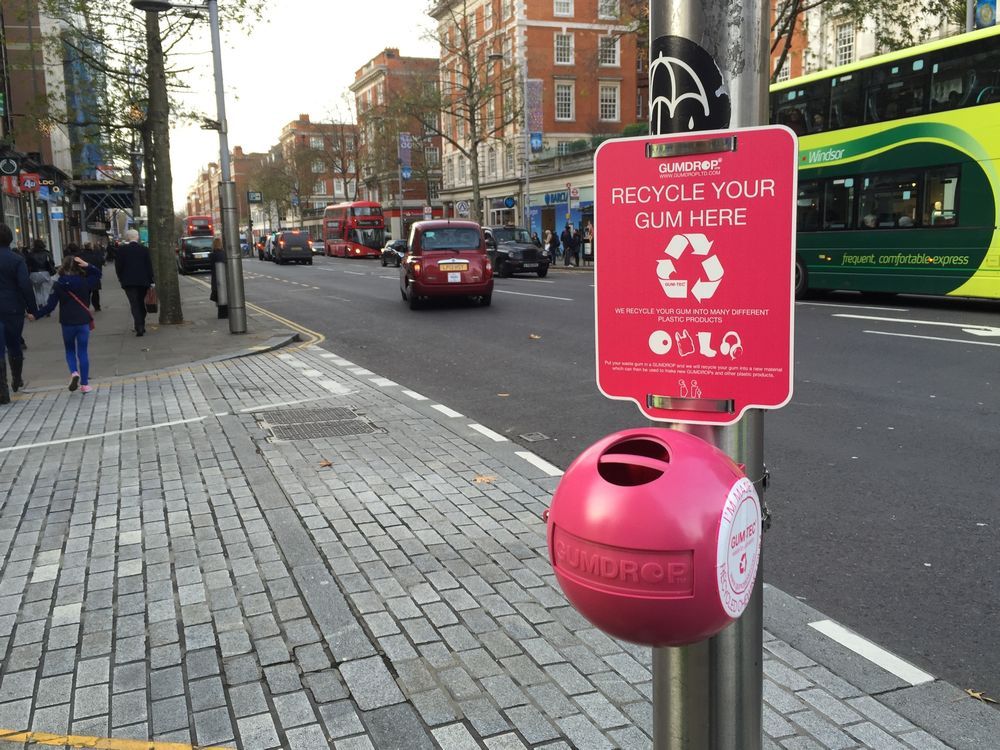Kai Vorland: So you went to the climate strike … now what?

Credit to Author: Hardip Johal| Date: Fri, 15 Nov 2019 02:00:19 +0000
September showcased the biggest climate mobilization in history: a record 7.6 million people took to the streets in support of action against climate change. It was a phenomenon of inspiring proportions, watching people of all ages across the world step forward to make their voices heard. If you didn’t go, you’ve most likely heard about it.
But perhaps you did go to one of the strikes; you may have even made a sign with a clever message saying: “It’s getting hot in here, so take off all your coals,” or “We’re rising up so that the sea level won’t!”
If you didn’t go to the climate strike and are now feeling conflicted because of it, don’t be. Don’t get me wrong, it’s great to get involved to support your beliefs, but going to an event is just one of many things you could be doing. What’s even more important is having your life habits and choices reflect what you believe in.
As environmental policy executive and analyst Lynn Scarlett stated: “The biggest barrier to tackling climate change isn’t technical — it’s our willingness to act.” All human habits affect the environment one way or another. Furthermore, most of our habits are so small that we don’t give them a second thought. Small actions that take no extra effort can add up to a positive larger overall impact.
Take brushing your teeth for instance. We do it (theoretically) twice a day, using about five litres of water in total, but if we turned the tap off in between brushes we could cut that down to a litre of water. We have a decent recycling system in Canada, but what about recycling gum? Gum is made out of synthetic polymers that are pleasantly chewy, but also highly non-biodegradable. Often discarded onto the ground, it is the second-largest source of litter after cigarette butts. The U.K. has implemented the “Gumdrop,” a bin made from recycled gum for gum disposal. It cut down gum litter by 46 per cent within the first 12 weeks, and with results like that, we should strongly consider launching that system here.
Many cafés have switched over from plastic cups to paper, and some even encourage customers to bring their own mug. Despite this switch, paper cups are still a one-time-use item, and when you add that up every day, the numbers are astronomical. This directly relates to Jevon’s Paradox (Alcott) which describes how efficiency measures are counterproductive, as our push for consuming green items is simultaneously a push for consumption. This is very true, yet we are not going to become green overnight. It’s going to take time, awareness and effort, and our way to get there starts by replacing plastic with paper until we can find something better.
It can be easy to disregard these small efforts as un-impactful in the big picture. But that’s such a glass-half-empty way of looking at it. Yes, industries have enormous influence and power, but our buying power can dictate their actions. Think more conscientiously about what you consume, and if enough people start voicing their opinions industries will be economically inclined to make some changes.
Becoming sustainable is an ongoing process, and we have to keep that in mind as we continue to strive for that goal.
Remember the big picture. We live in a part of the world that is sufficiently supplied with food, water and amenities, but we must also be aware that what we take for granted is rare in other parts of the world. Our small actions are not just for us, but the rest of the world as well. Think about your choices the next time you go to plug in your three devices overnight, to drive five minutes up the road to pick up containers of takeout, to reinvent your wardrobe or the next time you brush your teeth. All these small actions are important; they speak to something larger, and ideally one day all of this action will transform into policy so that we can truly become sustainable.
Kai Vorland is a fourth-year geography student at the University of B.C. whose area of focus is in environment and sustainability.
Letters to the editor should be sent to sunletters@vancouversun.com.
CLICK HERE to report a typo.
Is there more to this story? We’d like to hear from you about this or any other stories you think we should know about. Email vantips@postmedia.com.